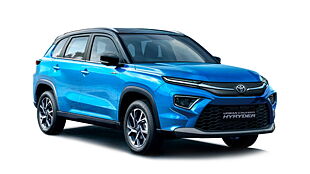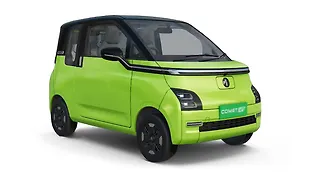
MG Motor India in collaboration with Mobility Outlook has launched the initiative – ‘Women in Mobility. It is an open platform where women leaders and entrepreneurs discuss and share their experiences and further inspire and empower the budding leaders to excel in their professional journey.
The recent interaction under the program involved an interactive session with Sulajja Firodia Motwani, Co-Founder and CEO of Kinetic Green Energy. From the highs of Kinetic Honda in the early 90s to its eventual fall; from trying out new joint ventures to launch scooters and motorcycles with Hyosung Motorcycles (South Korea), Italjet Moto (Italy) and Sanyang Motor (Taiwan) to exiting its business venture with the Mahindra Group – Sulajja Firodia Motwani has weathered many storms in her professional career.
Utilising her profound knowledge, market expertise, and sensing the electric future of mobility, Sulajja Firodia Motwani laid the foundation of Kinetic Green Energy & Power Solutions in 2015. Speaking on her new venture, Motwani revealed that starting Kinetic Green Energy was more of a business requirement, and not just the urge to do something new. The Indian vehicle market was dominated by ICE vehicles with over 99% share of the market and getting into electric vehicle space wasn’t short of risks. The new endeavour needed a fresh approach, a lot of commitment and belief.
The objective and purpose were clear. Motwani wanted to build set up a business that can be scaled and grown over the next 25 years. She believed in the potential of EVs and she knew the Indian market needed a different approach to electric vehicles.
The initial phase was very challenging, as there was no ecosystem of research and development, technology and talent. As a customer, the awareness regarding electric vehicles was non-existent. In 2014-15, the Government of India sought suggestions from the Society for Indian Automobile Manufacturers (SIAM) on the electric vehicle ecosystem. The delegation invited by SIAM included representatives from Indian and international four-wheeler makers but had no representatives from the two and three-wheeler segments.
The charge for the development of this segment was taken by Motwani. Back in Pune, she banked on the diverse experiences she accumulated at the Kinetic Group and was able to set up a team of committed employees, who believed in EV technology.
Kinetic Green Energy was thus built with perseverance and diligence and sold its first few vehicles through government programmes working with different ministries. The awareness about EVs was so low that it was not easy to sell these vehicles, said Sulajja. The company partnered and participated in various government initiatives of social and welfare schemes, where it helped unemployed people and women entrepreneurs to put the first vehicles on the road.

It recently launched the Safar Jumbo, an electric three-wheeler cargo with a gross vehicle weight of over one ton. It is also equipped with features like a digital cluster, hydraulic brakes, independent rear suspension, and a full steel body. The vehicle also claims a range of 150km on a single charge.
Presently, six years after the foundation, the company’s revenue is valued at Rs 200 crore.“It requires a lot of innovation, new ideas and approach to scale up a business in uncharted territory. For this, leaders need to be open-minded and able to listen to the team,” she said of her approach to leadership. Over the next decade, Motwani envisages growing the company’s revenue size to over Rs 10,000 crore.
The automotive industry has largely been driven by men because of the mechanical nature of certain tasks. However, with growing technology, electronics and software, more and more women are joining the industry. There is tremendous scope for women in the automotive space in the future, and as they lead in other sectors, women can certainly lead the mobility sector as well, she concluded.
![MG ZS EV [2020-2022] Image MG ZS EV [2020-2022] Image](https://imgd.aeplcdn.com/272x153/n/cw/ec/39348/zs-ev-exterior-right-front-three-quarter-2.jpeg?q=80)
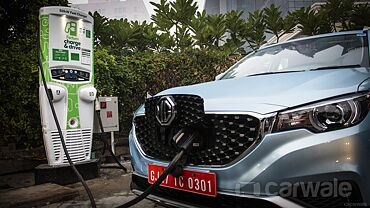

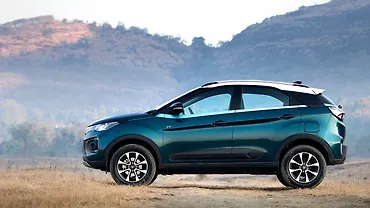




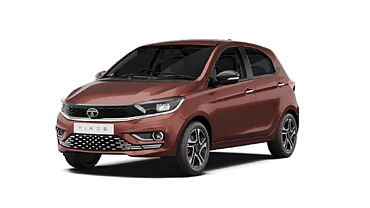



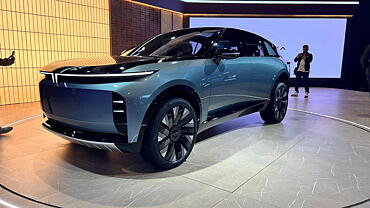



![MG ZS EV [2020-2022] Right Front Three Quarter MG ZS EV [2020-2022] Right Front Three Quarter](https://imgd.aeplcdn.com/199x112/n/cw/ec/39348/zs-ev-exterior-right-front-three-quarter-2.jpeg?q=80)
![MG ZS EV [2020-2022] Left Front Three Quarter MG ZS EV [2020-2022] Left Front Three Quarter](https://imgd.aeplcdn.com/199x112/n/cw/ec/39348/zs-ev-exterior-left-front-three-quarter.jpeg?q=80)
![MG ZS EV [2020-2022] EV Car Charging Input Plug MG ZS EV [2020-2022] EV Car Charging Input Plug](https://imgd.aeplcdn.com/199x112/n/cw/ec/39348/zs-ev-exterior-ev-car-charging-input-plug.jpeg?q=80)
![MG ZS EV [2020-2022] Interior MG ZS EV [2020-2022] Interior](https://imgd.aeplcdn.com/199x112/n/cw/ec/44285/mg-zs-ev-interior-37.jpeg?wm=1&q=80)
![MG ZS EV [2020-2022] Interior MG ZS EV [2020-2022] Interior](https://imgd.aeplcdn.com/468x263/n/cw/ec/44285/mg-zs-ev-interior-40.jpeg?wm=1&q=80)








